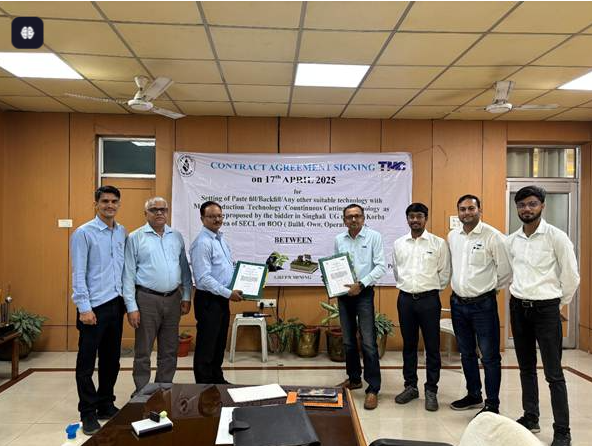
A new nanostructure developed by Indian scientists can detect nitrogen oxides at very low concentrations at room temperature, which could meet the urgent need for accurate air quality monitoring systems in urban and industrial areas. Gas sensors play a vital role in modern technology, where they provide environmental monitoring, industrial safety and healthcare diagnostic facilities. The field of gas sensors is constantly growing through innovations in materials and technology, aimed at enhancing critical parameters such as sensitivity, selectivity, response and recovery time, stability and operating temperature.
The primary objective of current research and development activities in the field of sensor technology is to achieve sensing devices that perform well in all of these criteria, although significant technical challenges remain. In the case of gas sensors, the choice of materials is critical, having a profound impact on their operational performance.
Computational calculations carried out in collaboration with Dr. Shubhasmita Ray and Dr. Karthik Tarafdar from the Department of Physics, National Institute of Technology, Karnataka, validate the experimental finding. These calculations confirm that the formation of mixed spinel structure leads to higher absorption energy of NO-X molecules than the commonly observed simple spinel ZnFe2O4 structure.
The research, published in the Journal of Chemical Engineering, not only highlights composite spinel ZnFe2O4-based sensors as potential contenders for future high-performance gas sensors, but also highlights an effective strategy to leverage the properties of spinel ferrites through cation distribution modifications. Continued advances in this area could lead to a comprehensive air quality monitoring system, which is important for pollution abatement and public health protection.
Publication link: https://doi.org/10.1016/j.cej.2024.151873




